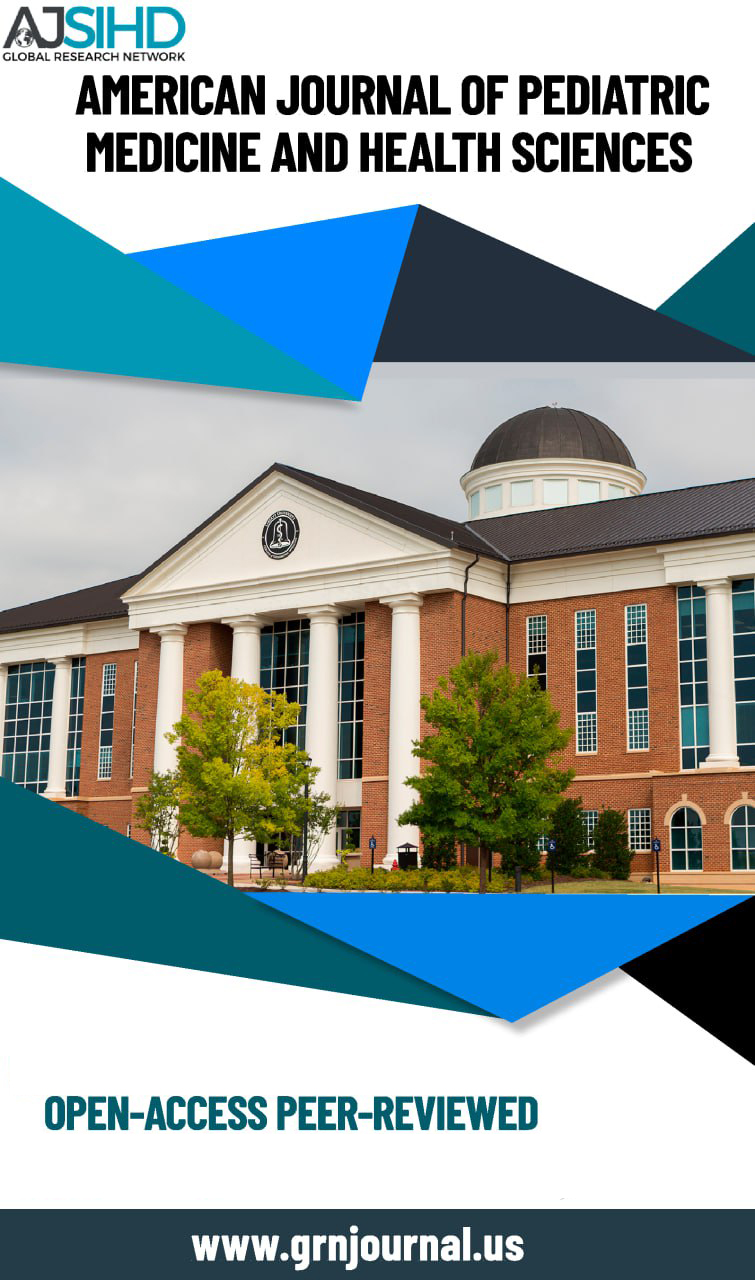DETERMINANTS OF HEALTHCARE WORKERS' KNOWLEDGE ON ANDROPAUSE IN IBADAN NORTH EAST LOCAL GOVERNMENT AREA
Keywords:
Andropause, Aging Men, Knowledge GapAbstract
Andropause, a condition marked by a decline in androgen production in aging men, presents notable health challenges. Despite its impact, there are prevalent misconceptions and a lack of awareness, contributing to under-diagnosis and improper management. Bridging this knowledge gap is imperative, particularly given the increasing elderly population worldwide. This study investigates the varied comprehension of andropause among healthcare workers in Ibadan North East, Nigeria, with a specific focus on sociodemographic factors influencing their knowledge. Objective: This study aims to comprehensively understand sociodemographic factors affecting healthcare workers' knowledge of andropause in Ibadan North East. By identifying these factors, targeted educational interventions can be developed to enhance understanding and improve the quality of care for aging men. Method of Data Analysis: Structured questionnaires provided quantitative data, which underwent analysis through statistical methods encompassing descriptive statistics and inferential analyses. Knowledge levels were correlated with sociodemographic variables, employing chi-square tests and t-tests for comparisons. Qualitative data from open-ended questions underwent thematic analysis to extract key insights. Results: The study identified varying levels of knowledge among respondents, with age significantly influencing understanding, as the 30-49 age group demonstrated a higher level of comprehension (χ² = 12.67, p < 0.05). Marital status also played a crucial role, with married individuals exhibiting greater knowledge (χ² = 18.24, p < 0.01). Professional experience showed a positive correlation with knowledge of andropause (χ² = 15.38, p < 0.05), underscoring the importance of ongoing education. Discrepancies were observed in preventive measures and symptoms, with 42.9% highlighting the significance of avoiding excessive sugar intake, and 57.1% believing that local herbs could address symptoms. Conclusion: The study unveils a varied and intricate comprehension of andropause among healthcare workers. Notably, sociodemographic factors like age and marital status have a substantial impact on the levels of knowledge. It is crucial to address these disparities through customized educational initiatives to narrow the knowledge gap and foster a precise understanding of andropause. Recommendation: To improve healthcare workers' comprehension of andropause, it is essential to create targeted educational interventions that take into account the influence of age and marital status. Promoting open dialogues within both communities and healthcare settings is crucial to dispel the stigma surrounding andropause. This approach ensures that men receive the necessary support and medical guidance they require.



